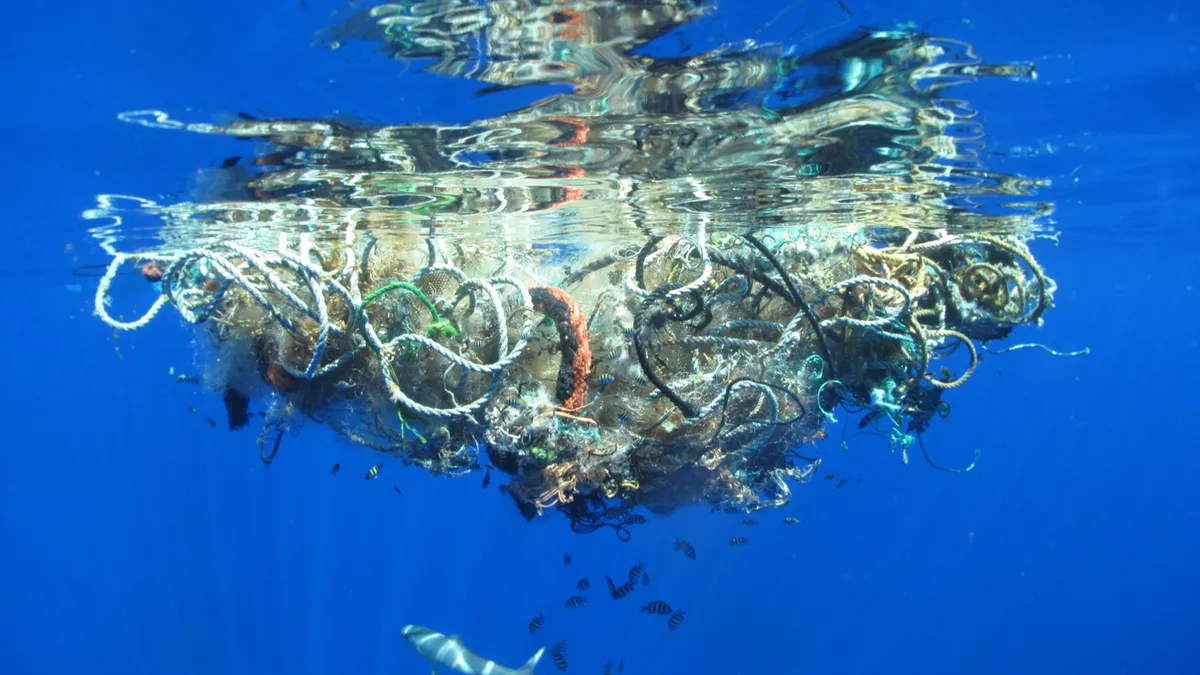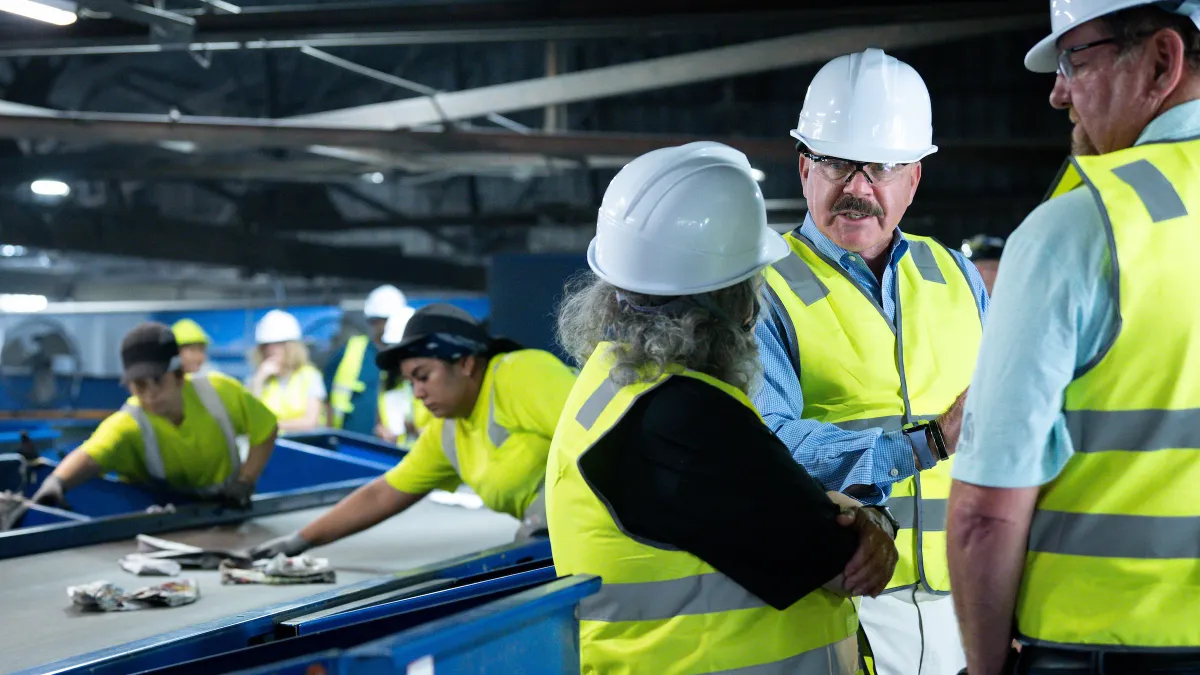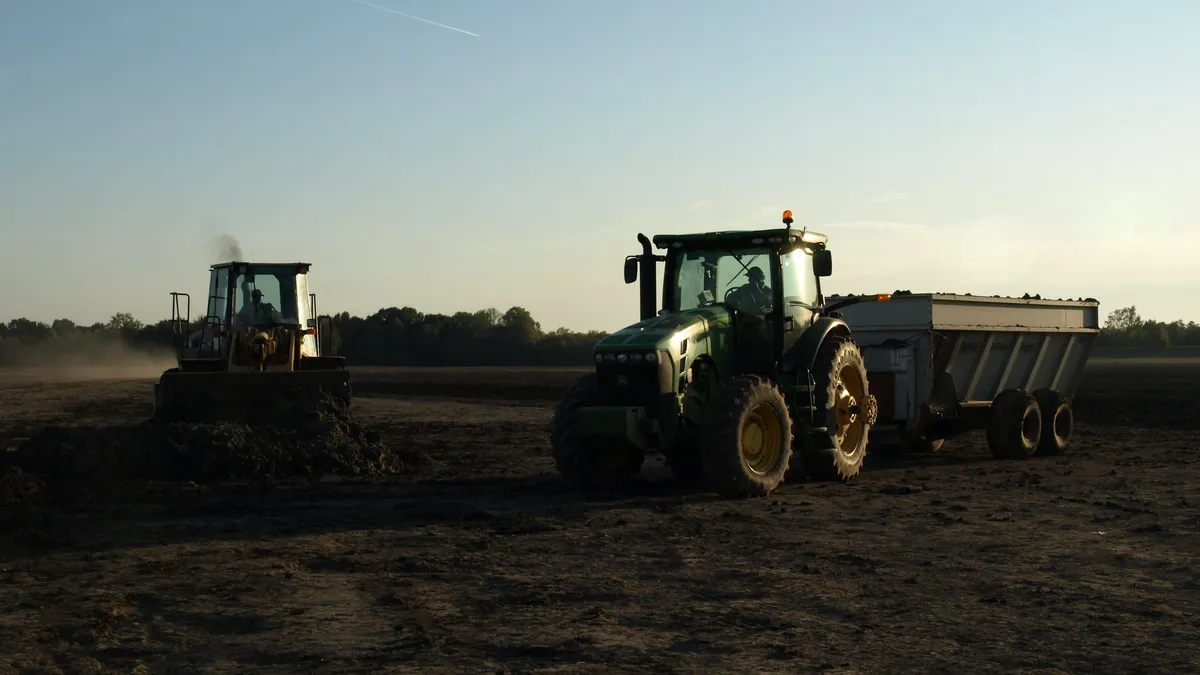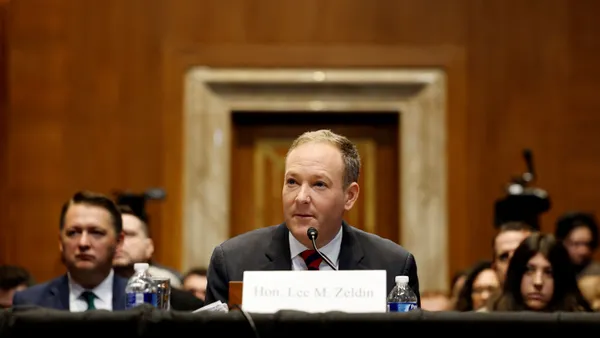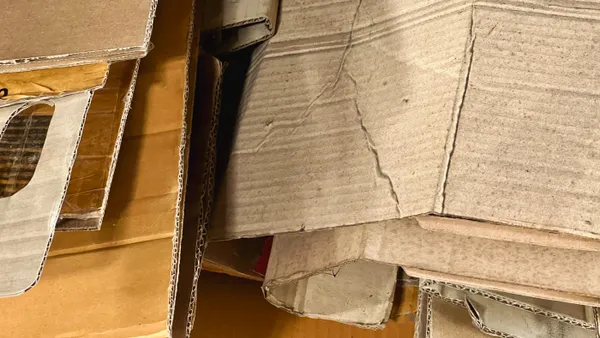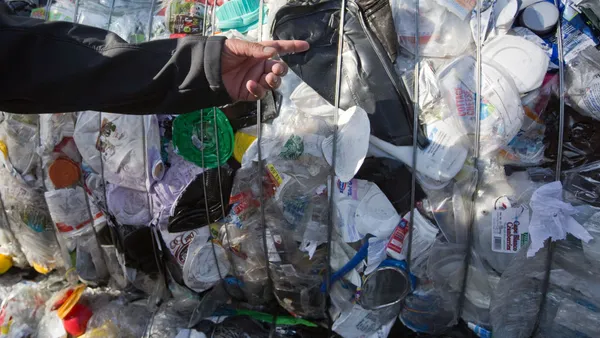Dive Brief:
- Last month, the Australian Packaging Covenant announced that only 28% of its plastics are recycled. Now, the Australian federal senate will formally investigate the problem of plastics polluting the region’s waterways and deliver a report based on their findings in April.
- Reports of subpar plastics recycling in that region have fueled calls to action from multiple organizations — including the Boomerang Alliance who wants container deposits set up in every state and territory, bans on free plastic shopping bags, and a ban on microbeads in cosmetics and cleansers. Plastics and Chemicals Industries Association (PACIA) called for more responsible use, reuse, and recycling of products and leveraging them as energy resources.
- Environmental groups and scientists collectively submitted 191 comments for consideration. This includes PACIA's statement blaming insufficient waste management for plastics found in oceans. And Sydney-based Total Environment Center’s director Jeff Angel criticized state and territory environment ministers for supporting a voluntary system to manage microbeads.
Dive Insight:
There are over 5.25 trillion pieces of plastic in the world’s oceans, largely the result of littering and poor waste management, generating a far-reaching problem that seriously harms waterways and marine life. It would take multiple stakeholders from industry and government to make meaningful progress to mitigate this complex problem and its environmental impact around the globe.
In the US, some states and municipalities are working on these very issues, for instance pushing plastic bag bans, with California becoming the first state to adopt such a law. About 10 states have enacted bottle-deposit laws, and the US State Department has a Trash Free Waters program designed to eliminate waste so that it never makes it into waterways.
Meanwhile, Australia is falling behind, say advocates there, pointing to gross mismanagement and deep misunderstanding of the problem. “[Federal government departments have] spent years getting the data wrong, commissioning cost benefit studies that came to erroneous conclusions, and fiddling about," said Angel, as reported in Plastics News. He thinks the United States is doing better, at least with issue of microbeads plaguing oceans and marine life.
"The U.S. Congress has acted decisively on microbeads, passing a law to ban them and so-called biodegradable plastic alternatives, yet Australia is still relying on voluntary industry actions, which invariably have loopholes," said Angel, as reported in Plastics News.


